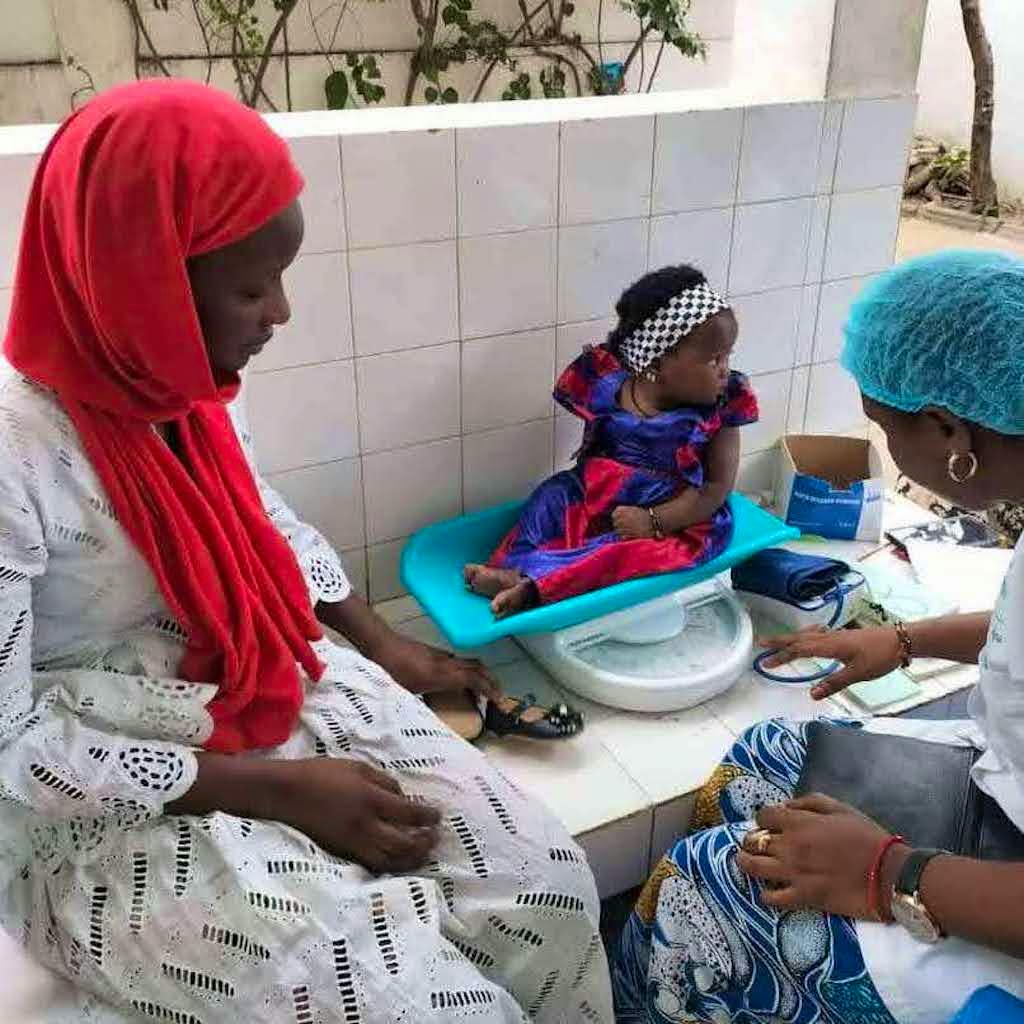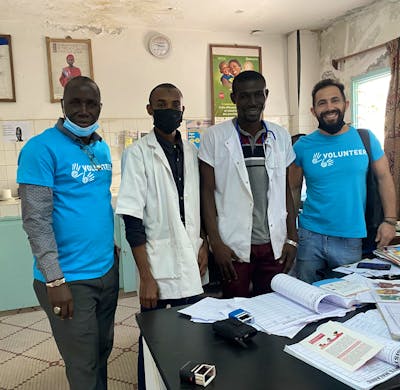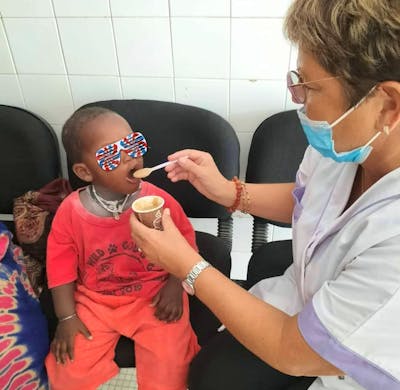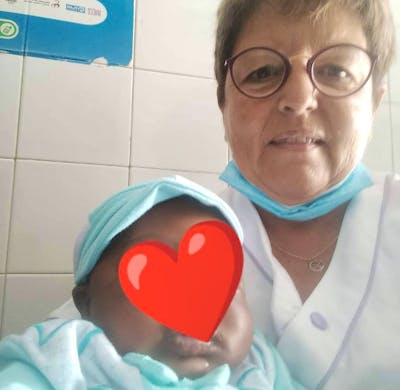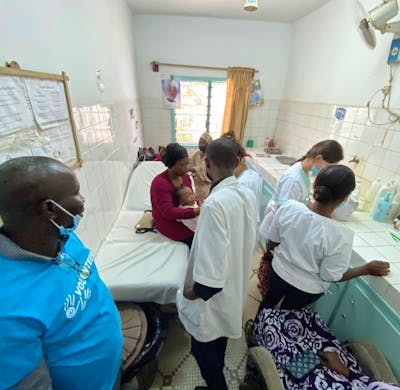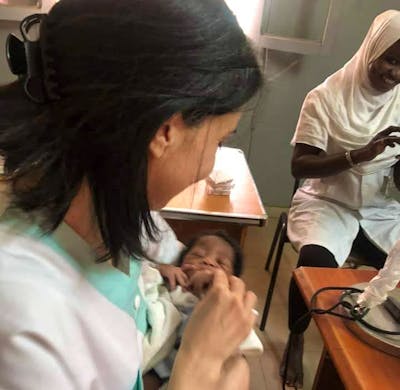2024 at Teaching with children
from 790€
Brilliant 4.7 (37)
(37)
Medical Assistance in Health Centers
2 - 12 weeks
·
Age 18 - 50+
Verified by Volunteer World
Excellent response rate
Brilliant 4.7 ·
·
Verified by Volunteer World
·
·
·
Verified by Volunteer World
·

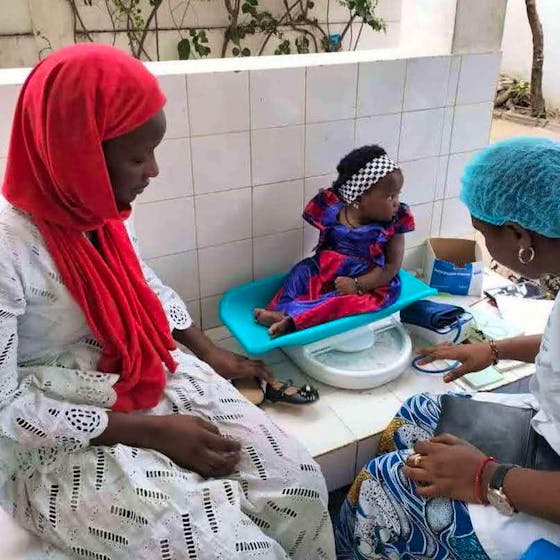
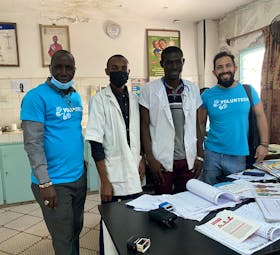
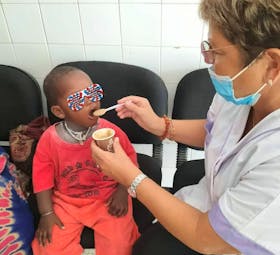
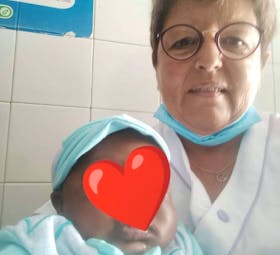
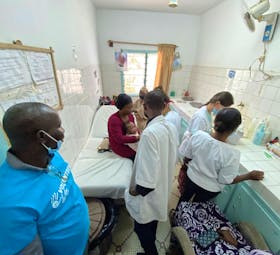
2 - 12 weeks
·
Age 18 - 50+
·
Excellent response rate
Highlights
- Experiences, training, participation and volunteering initiatives
- Put your skills into practice and share your knowledge
- Aim to alleviate many health problems while demonstrating a lasting impact and emphasizing the importance of prevention.
- Support and leave a positive impact on various communities in Senegal.
- Get to know Senegal in a different way through volunteering.
Especially suitable
About the program
General medical care for children attending the schools in which we collaborate and for members of the local communities.
While participating in the medical assistance volunteer program in Senegal, you will be able to support the general medical care of the children attending the schools where we collaborate and the members of the local communities.
Poor health conditions and poverty are part of a vicious cycle that is ...
Typical day
A typical volunteer's day starts around 7:30 a.m. while having breakfast and getting ready to start at 9:00 a.m. until 1:00 p.m., but the work schedule may vary according to the needs of the medical centers.
A typical day as a volunteer in Senegal consists of waking up in one of the host families' ...
Free-time activities
PINK LAKE
This lake is located north of the Senegalese peninsula of Cape Verde in the department of Dakar, its pink color is due to the high level of salinity in the water and can be seen strong in color in dry season.
LOMPOUL DESERT
Located in the Sahel region, between Dakar and Saint-Louis, where you ...
Requirements
What's Included
What's NOT included?
Details on arrival
- You must arrive Friday or Saturday to be transported to the project.
- You should arrive at Dakar Blaise Diagne International Airport, where you will be picked up by the local project coordinator.
Availability
Jan
Feb
Mar
Apr
May
Jun
Jul
Aug
Sep
Oct
Nov
Dec
Program fees
2 weeks (min. stay)
790€
3 weeks
895€
4 weeks
995€
5 weeks
1,165€
6 weeks
1,355€
7 weeks
1,545€
12 weeks (max. stay)
2,495€
Average fees
301€/week
Meet your organization

Adventure Volunteer
Brilliant 4.7
 (37 reviews)
(37 reviews)
Non-profit - founded in 2017
Verified by Volunteer World
Excellent response rate
Coordinated by

Sergio
Spoken languages: Spanish, English
About the project
Support in the cooperation and creation of social and environmental projects in communities at risk of social exclusion, through international volunteering.
37 reviews ·  4.7
4.7
Location

You might also be interested in
-
Adults
Medical Volunteer in Africa
Medical Mission Trips
Projects Abroad
Voluntouring
Best Volunteer Programs
Mission Trips to Africa
Volunteer Trips for College Students
Mission Trips
Couples
Hospital
Global Volunteer Opportunities
Group Volunteering
50 Plus Volunteering
